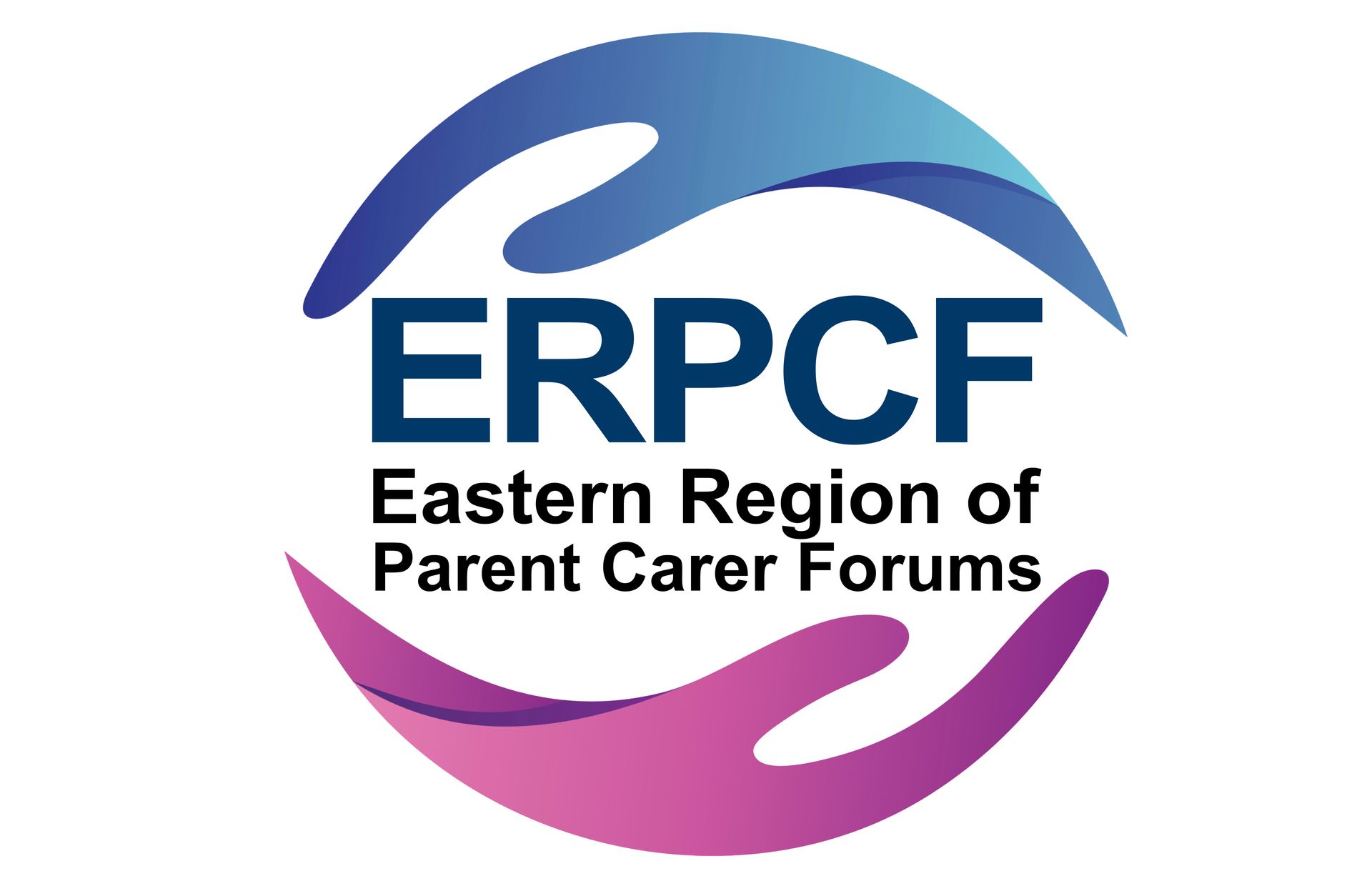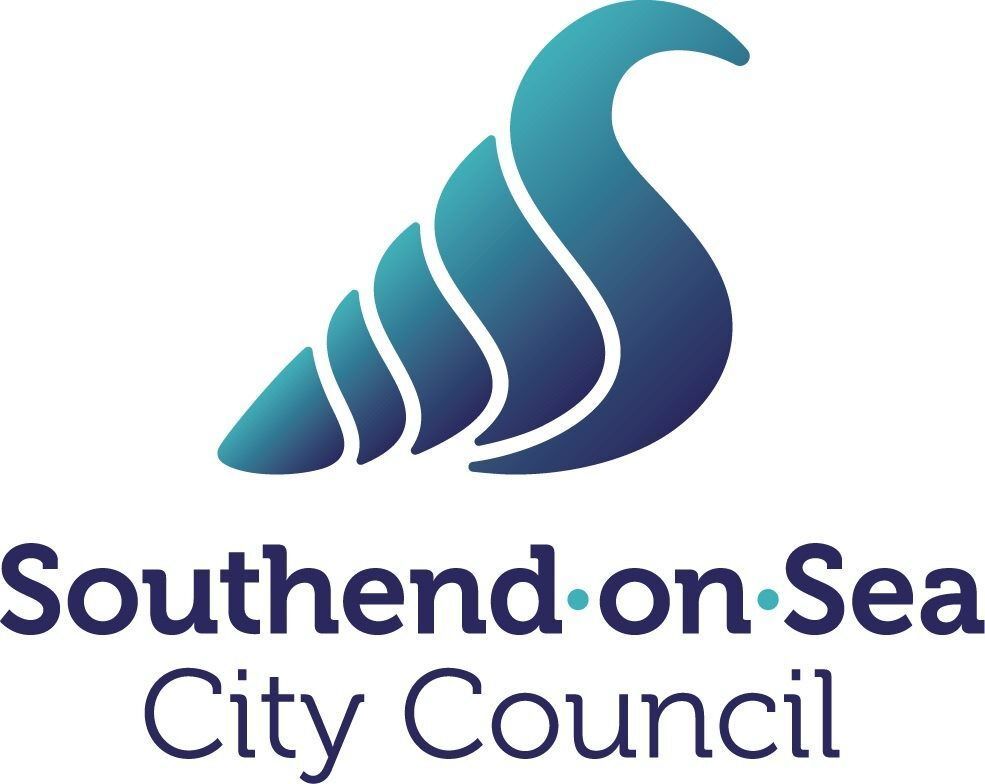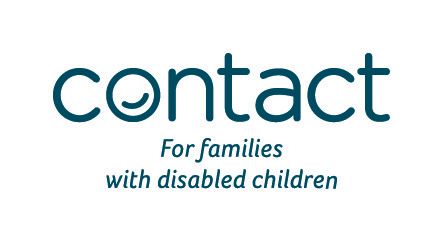Partnership for Inclusion of Neurodiversity in Schools (PINS) Project - Year 2
We are excited to announce that Southend will be participating in the second year of the Partnership for Inclusion of Neurodiversity in Schools (PINS) Pilot within primary schools.
What is PINS?
The Partnerships for Inclusion of Neurodiversity in Schools (PINS) project is a national pilot project which aims to improve outcomes for neurodivergent children and increase inclusivity in mainstream primary schools, whilst building relationships and communication with parent carers.
It is funded by NHS England in partnership with the Department of Education, Department for Health and Social Care and the National Network of Parent Carer Forums (NNPCF).
About the PINS Project
The project brings together health and education professionals, along with parent carer forum representatives to work in mainstream primary schools. The project aims to:
- Help shape whole-school SEND provision
- Provide early interventions at a school level
- Train and upskill school staff
- Support and strengthen relationships between schools and parent carers
- Support and strengthen partnerships between parent carer forums and integrated care boards
PINS is testing a new approach to better support neurodiverse students in mainstream settings. It focuses on building staff knowledge, improving skills, and creating supportive school environments.
How It Works
The project has 2 parts, and the first part involves identifying areas that schools need support with. This work is undertaken by HCRG care group, and they will provide practical on the ground support in the schools.
Each of the primary schools involved in the programme will complete a national self-assessment tool to identify areas needing support. The results will be used by HCRG to evaluate the school's strengths and areas for improvement across key areas, such as:
- Leadership, Culture, and Values
- Mental Health
- Readiness to Learn
- Teaching and Learning
- Environment and Communication
The second part is led by Southend SEND Independent Forum (SSIF) who will hold meetings within the PINS schools. These meetings are to hear parent carer views and experiences of how all children (especially those with additional needs) are supported and included at school.
At these meetings and through surveys, we will be collecting ideas about how parent carers can work in partnership with the schools to create inclusivity. The SSIF school representatives will share themes from the meetings and surveys with senior leaders at the schools to deliver changes and improvements for children and families.
Working closely with parents and carers is essential for the success of the PINS programme. It helps build stronger relationships between families and schools and boosts trust in the support available for children. Parent carers are key partners and are involved at all levels of the programme.
The goal of the PINS program is to leave a sustainable impact, increasing collaboration between schools and families to show how a supportive learning environment and knowledgeable school can improve the outcomes for neurodiverse children.
A list of PINS 2 schools will be published here once finalised.






